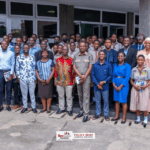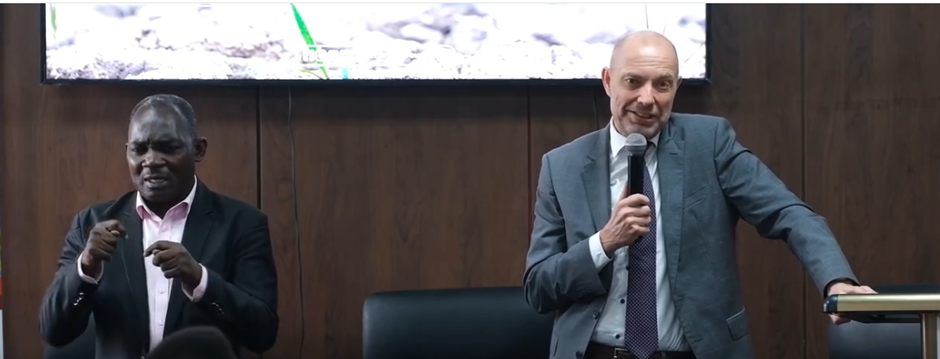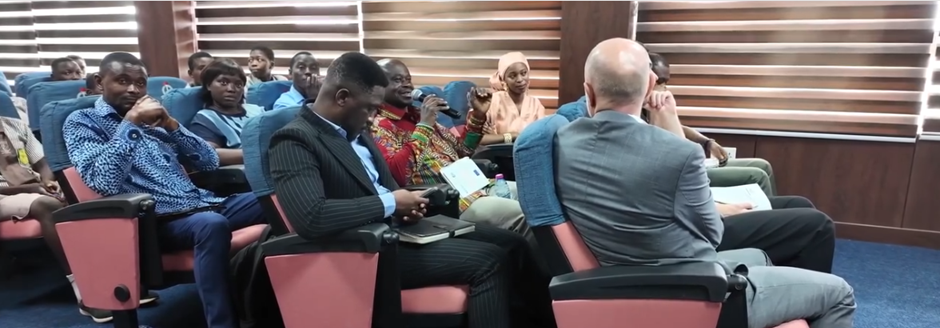
Climate change–induced challenges are reshaping Ghana’s natural ecosystems, economies, and communities.
These shifts, largely driven by human activities such as fossil fuel use, deforestation, and industrial emissions, are leaving deep social and economic scars.
What’s most troubling is that the people most gravely affected often lack knowledge of the consequences and how directly climate change undermines their livelihoods.

Against this backdrop, the Danish Embassy in collaboration the Youth Bridge Foundation have launched a Policy Brief on Climate-Induced Migration & Youth Resilience.
The joint initiative is to highlight the impacts of climate change, particularly on young people. As Ghana’s largest working-age group, many youths are also among those migrating in search of safer, more resource-rich areas.
At the policy brief launch, Danish Ambassador to Ghana, H.E. Jacob Linulf, praised the inclusion of youth in climate action, assuring that Ghana will continue to receive support from Denmark in building a sustainable, green future.
“I have also witnessed some of the climate challenges that Ghana is facing, and we will partner with Ghana to combat some of these induced challenges,” he said.
Dr. Alexander Nimo Wiredu, Operations and Programs Director at the Youth Bridge Foundation, stressed the urgency of prioritising the climate crisis, warning that its effects are already visible across the country.
“The issue is now not evolving but topical. And I believe the time to act is now. Ghana must pay close attention to this issue”, he stated.

The newly launched policy brief is expected to guide efforts in strengthening youth resilience and shaping Ghana’s climate response in the years ahead.
As the tide of climate change rises, Ghana’s future may well depend on how quickly today’s conversations turn into tomorrow’s solutions led by its young people, supported by global partners, and grounded in action rather than words.


